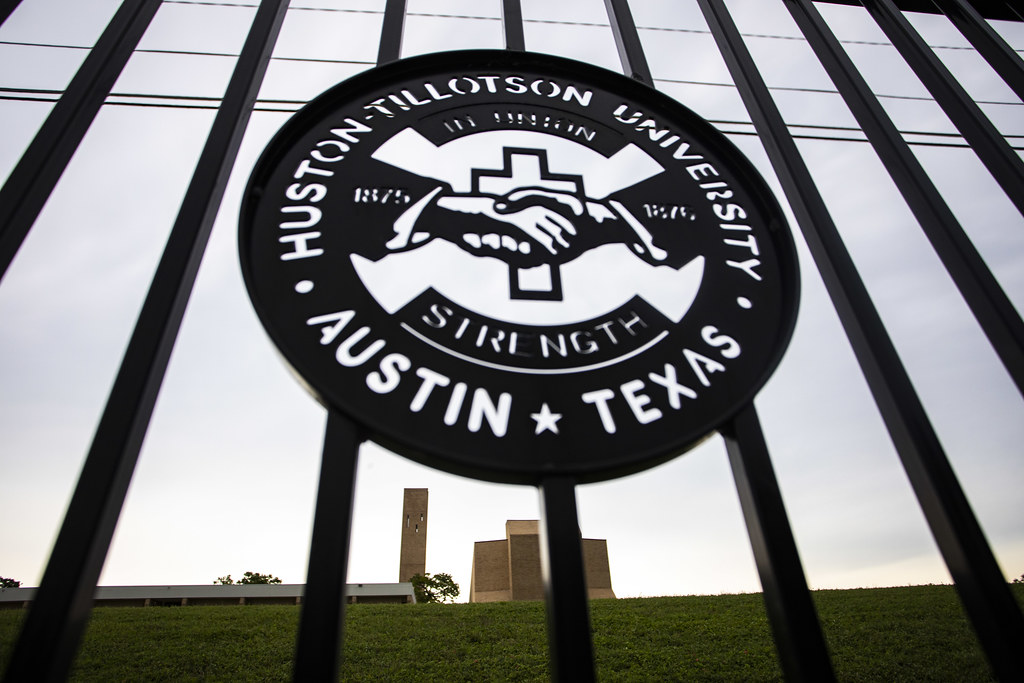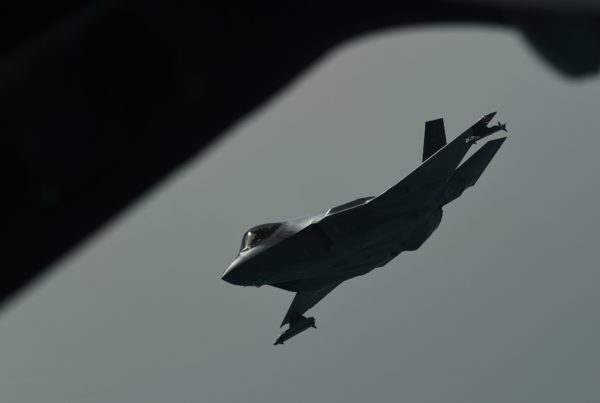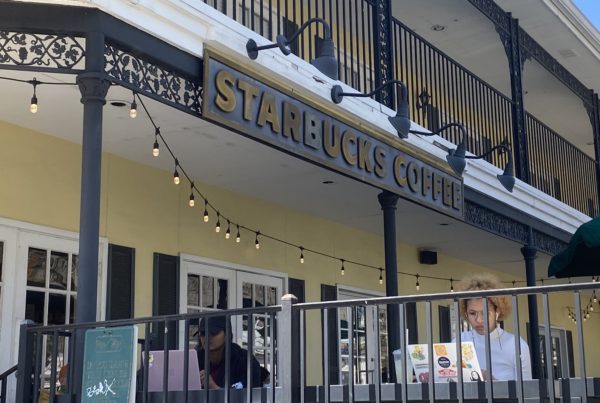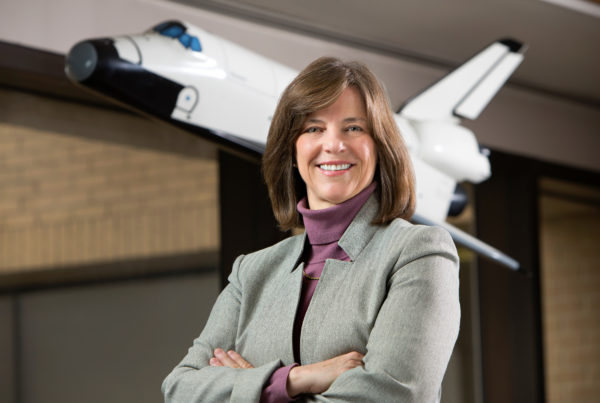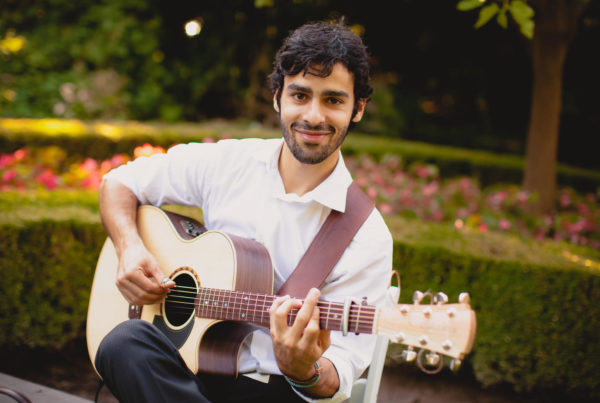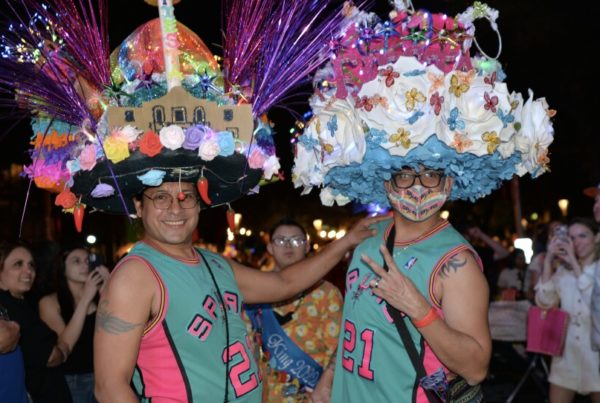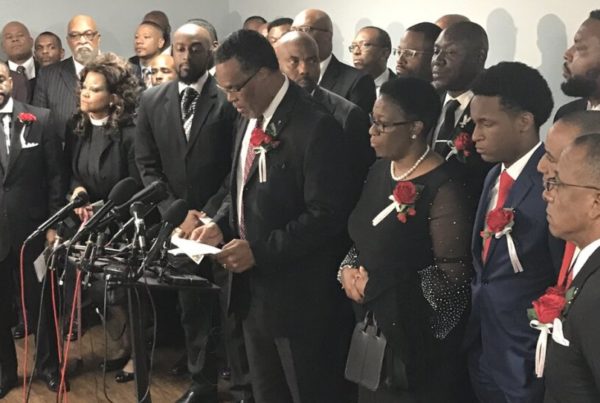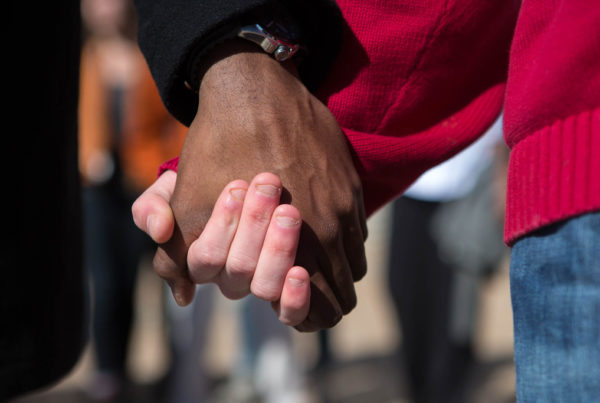Huston-Tillotson University in Austin is hosting the first-ever Texas HBCU Conference this weekend. It will bring together Texas’ nine Historically Black Colleges and Universities to meet about the future of those schools and secure more resources to support the students they serve who come from historically marginalized communities.
Robert Ceresa, an associate professor of political science at Huston-Tillotson, is the conference’s lead organizer. He tells Texas Standard that HBCUs have to spend more money on financial aid than most schools, and therefore need the state to step up so that other school services don’t suffer.
“It has an impact, then, on wraparound services that we can provide [and] the capacity that we have to invest in infrastructure so that our facilities are what they should be,” Ceresa said.
Listen to the interview with Ceresa in the audio player above or read the transcript below to learn more.
This interview has been edited lightly for clarity.
Texas Standard: If I understand correctly, this conference is a little community engagement, a little bit political outreach. Is is that a fair way to describe it?
Robert Ceresa: I think so. This is a real-world experience in citizenship, defined as leadership, for students across Texas who are connected to HBCUs.
Tell us a little bit about what will be going on at the conference.
We’re assembling the constituency who has been supporters of HBCUs and community, political, economic – a broad swath of stakeholders who believe in the mission of our institutions – coming together to speak as one.
Is the idea to basically form an organized grassroots effort to push for more support for HBCUs?
Texas HBCUs are historic institutions; we’ve been around since since Reconstruction, and even before. And so I’m sure that the nine Texas HBCUs, at some point in history, have come together before, but no one can tell me when the last time it was that this happened. So we feel like we’re making history.
The nine coming together this way is we’re helping the start of something: an ongoing conversation, chance to build relationships and networks and organize the community around our values and our mission and our purpose.
Are you expecting immediate results from this conference, or is this more about laying the groundwork for the future? At what point do you begin the process of interacting with lawmakers?
Making law and public policy is a time-consuming process. It takes lots of interaction and education and leadership, and we want to start the process. I mean, there’s lots of legislative accomplishments to talk about with respect to HBCUs, including in Texas. But the needs are still there. And so we want to begin the conversation about how to bridge the gaps, how to fill the needs. And we’re starting right away with lawmakers, understanding that it’s a conversation that we want to be a part of.
Could you talk more about those needs?
It’s a complicated picture, but the net result is the students that we serve – primarily first-generation college students, students from communities of color, communities that have been traditionally marginalized – the college journey for our students is more arduous. And so we spend more on financial aid than other institutions have to, and it has an impact then on wraparound services that we can provide, the capacity that we have to invest in infrastructure so that our facilities are what they should be. And so it’s a a cyclical pattern that keeps us from being what we might be, all that we might be, even within the excellence that we we are able to provide.
And so it’s thinking holistically about about addressing this so that we’re able to be what we hope to be and stand behind our mission.
You’ve described your own research as “political anthropology.” How does that influence the agenda for this conference?
We’re talking about students exploring the development of their citizenship through engagement with a curriculum in political science. And so, by “political anthropology,” I think of citizenship as more broad, in terms of the cultural traditions of the American experiment with democracy that go way back all the way to our beginning. So it’s the fulsome sense of citizens as articulating a set of values and leadership that can contribute to building a future that’s prosperous and shared.
So an expansive notion of citizenship is what our students are getting. And this conference is a wonderful example of that kind of approach.


